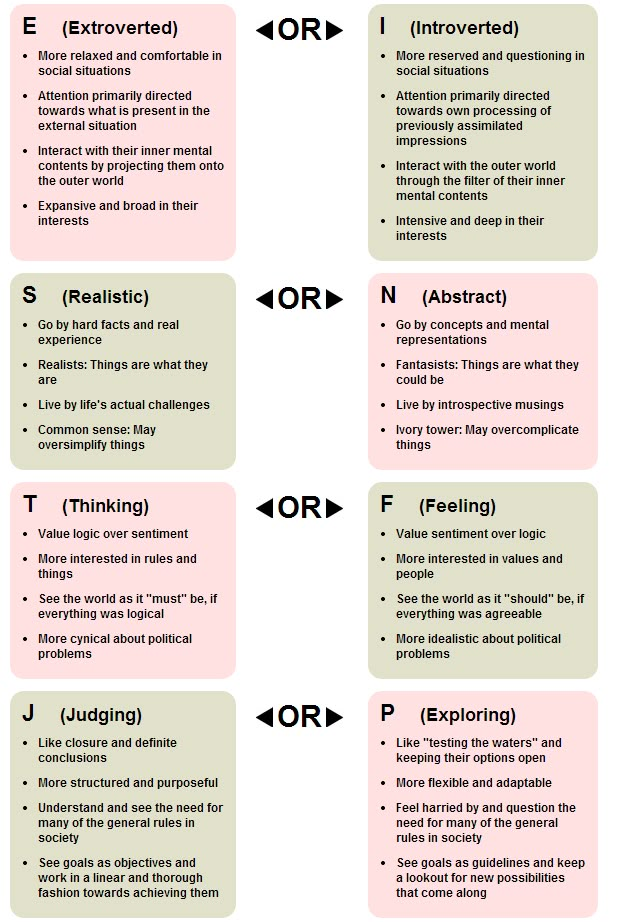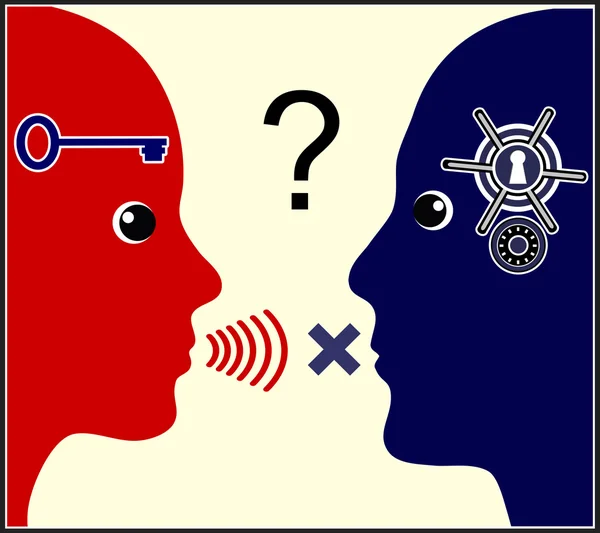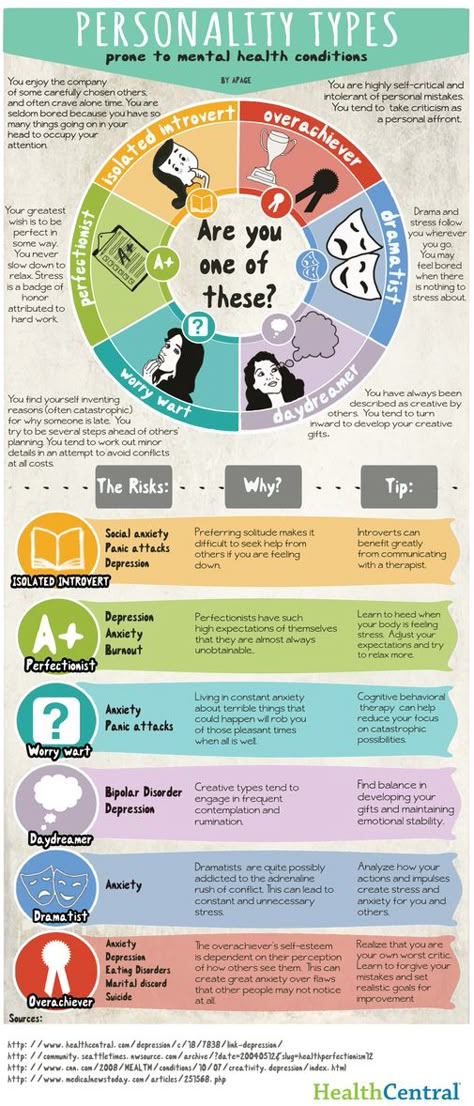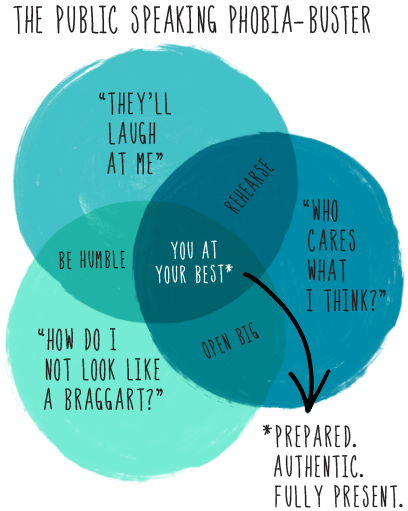Sentimental personality type
20 Signs You Might Be a Sentimental Person
This post may contain affiliate links for your convenience. That means that if you make a purchase, I will receive a small commission at no extra cost to you. Read more here.
What does it mean to be sentimental – and is it good or bad? If you are a sentimental person, you might be sick of hearing about how being sensitive and emotional is a weakness, when in actuality, it can also be a strength!
Sentimental people are often some of the most caring and compassionate people around. Chances are you know someone who is sentimental, or you are sentimental yourself – we are everywhere!
Let’s explore a little more about sentimentality and signs that you or someone you know is a sentimental person.
What does it mean to be sentimental?A sentimental person has strong emotions and experiences life with a great depth of feeling; be it happiness, sadness, nostalgia, grief, guilt, or any plethora of emotions, sentimental people feel them all!
Someone who is sentimental might laugh easily or cry harder than anyone else.
RELATED POST: 30 Happy Person Traits & Habits to Adopt for More Joy
What is a sentimental person called?There are many synonyms for sentimental, and they can range from positive and complimentary to negative and condescending.
More words that refer to being sentimental:
- nostalgic
- tender
- emotional
- dewy-eyed
- misty-eyed
- soft-hearted
- tender-hearted
- loving
- soft
- soppy
- emotive
- schmaltzy
You might be wondering if being sentimental is good or bad. Like anything else in life, the answer is: it depends.
If you listen to skeptics and critics, you might hear them say that sentimentality is a weakness and that sentimental people are led too much by their emotions instead of logic or reason.
But on the other hand, there are a lot of strengths that go along with being sentimental! After all, being in touch with your feelings can be powerful.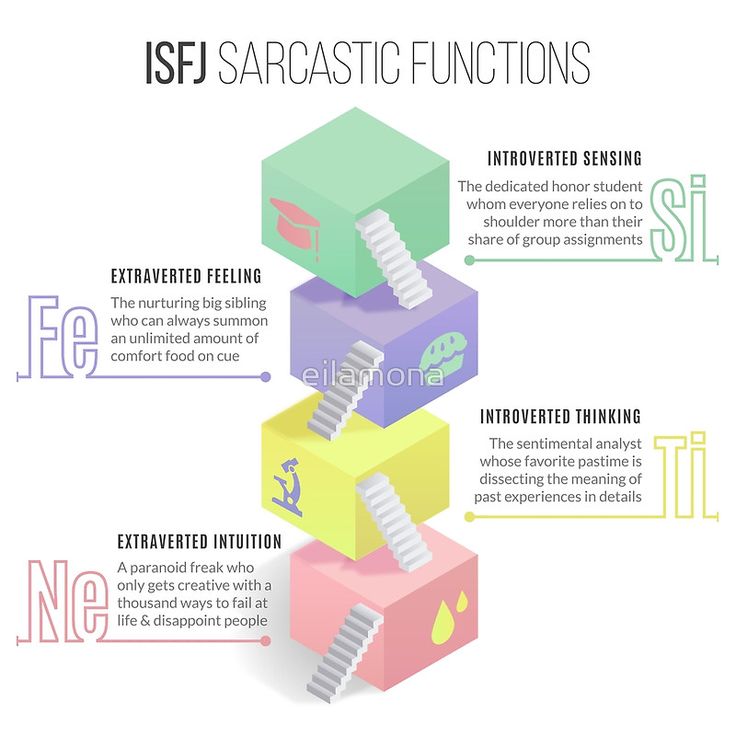
FIND OUT MORE: 100 Ways to Simplify Your Life and Be Happier
20 Signs of a sentimental personOn that note, here is a list of 20 signs you might be a sentimental person.
1. You are empatheticSentimental people are often empathetic and compassionate because they can easily place themselves in someone else’s shoes and see their point of view.
2. You are good at making connectionsSentimental people are often good at making connections with others because of their strong sense of empathy.
They also tend to remember the little things that others do for them, making them feel appreciated.
3. You give great giftsA sentimental person is great at giving gifts because they pay attention to what you mention. If their friend has been talking about a new book, they will remember to get that!
They have a knack for remembering important dates and celebrating those special moments with the people they care about.
A sentimental person is a good listener.
They like to ask questions and find out about other people, which means they’ll be more likely to remember details about their friends and family, such as important dates, likes and dislikes, and shared moments.
READ MORE: 25 Simple Ways to Be Intentional with Your Life and Habits
5. You feel very deeplySentimental people feel their emotions very deeply.
It doesn’t take much for them to get misty-eyed when they’re reading an inspirational book or watching a movie.
This means that sentimental people can sometimes get overwhelmed by their feelings, especially if it’s someone close to them. If someone they care for is hurting or in pain, it can be challenging to watch or listen without feeling emotional themselves.
6. You care about othersSentimental people have a natural tendency to care about others.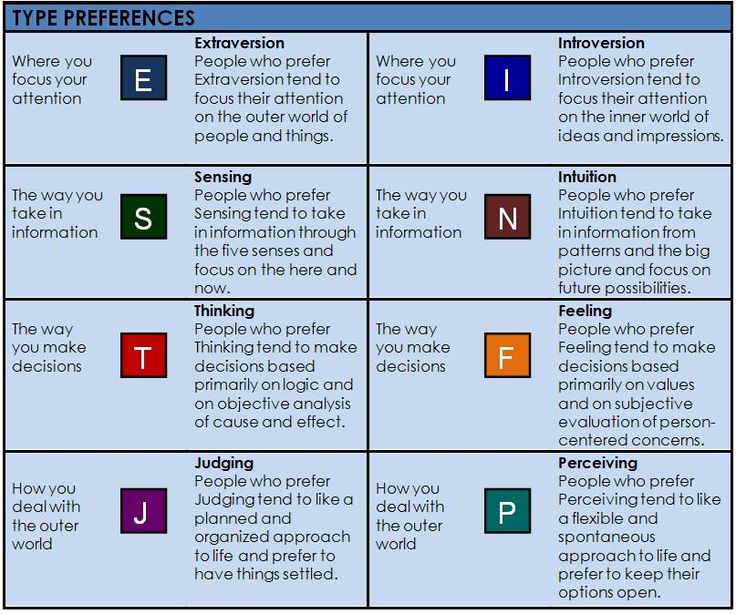
This often comes out as them being very supportive of their friends and family, even if it means putting their feelings aside at times.
They want to do whatever they can to help make someone else’s life easier or better in some way.
7. You sometimes feel misunderstoodSentimental people can often feel misunderstood. They might feel compelled to hide their true feelings to avoid being judged or ridiculed.
If they grew up in a supporting and loving household, this usually isn’t an issue, but if they grew up hearing their parents say things like “Big girls don’t cry” or “Man up; don’t be such a baby,” it can be challenging for them to accept their feelings and emotions.
The best thing they can do for themself is to find people who love and accept them unconditionally and let those people in to talk through their feelings.
When sentimental people have a safe space to express themselves, it helps them feel better and live more fulfilling lives.
A sentimental person will value the thought and effort that goes into buying gifts, spending time together, and maintaining relationships.
They will be grateful for the people in their lives who have taken the time to think of them and show they care.
It’s not uncommon for them to keep a gratitude journal or diary where they make it a habit to write down the things they are grateful for daily.
BE INSPIRED: Why Always Wanting More is Bad – Here’s How to Quit!
9. You seem to have a sixth senseSentimental people tend to be highly aware of others and the environment around them, which means they can sense when something isn’t right with the people closest to them, even if it’s just a tiny change in behavior or tone.
This can be a blessing or a curse because it means that you are good at reading people and situations, but it can also mean you are too worried about always paying attention to the happiness and comfort of others and forget about yourself.
They are good at predicting the ends of books or movies and notice when their friends seem upset or stressed.
10. You collect thingsIf you tend to collect photographs, travel souvenirs, knickknacks, old books, or sentimental items of any kind, it’s a sign you might be a sentimental person.
Sentimental people attach meaning to objects and like to keep them as physical reminders of happy memories or important moments in their lives, from childhood drawings to love letters to program stubs from their first concert.
BE INSPIRED: 120 Minimalist Quotes to Simply Live Better in 2022
11. You have trouble letting go ofUnfortunately, their need to collect memories can sometimes hold them back in life.
While it’s nice to keep fond memories, it can be tough to let go of the past and live a fulfilling life in the present when everything is sentimental.
Being too sentimental and attached to things is a frequent behavior that, when left unchecked, can cause people to become hoarders.
Remember that when we treat everything as if it were special, then nothing is truly special, and we can best honor our past and our present by prioritizing the things that matter most to us.
Related posts:
- 15 Important Declutter Questions to Ask Yourself [FREE PRINTABLE!]
- 20 Things to Let Go of for a Happier and Better Life
FIND OUT MORE: 7 Extreme Decluttering Tips from an Ex-Hoarder Turned Minimalist
12. You forge deep relationshipsSentimental people cherish deep, intimate relationships, and they do what it takes to foster those friendships.
Someone who is sentimental is likely to have a tight-knit group of close friends that they’ve known for years, if not decades; they go for quality of friendship over quantity.
13. You are easily hurtSentimental people are highly emotional, and they feel things deeply.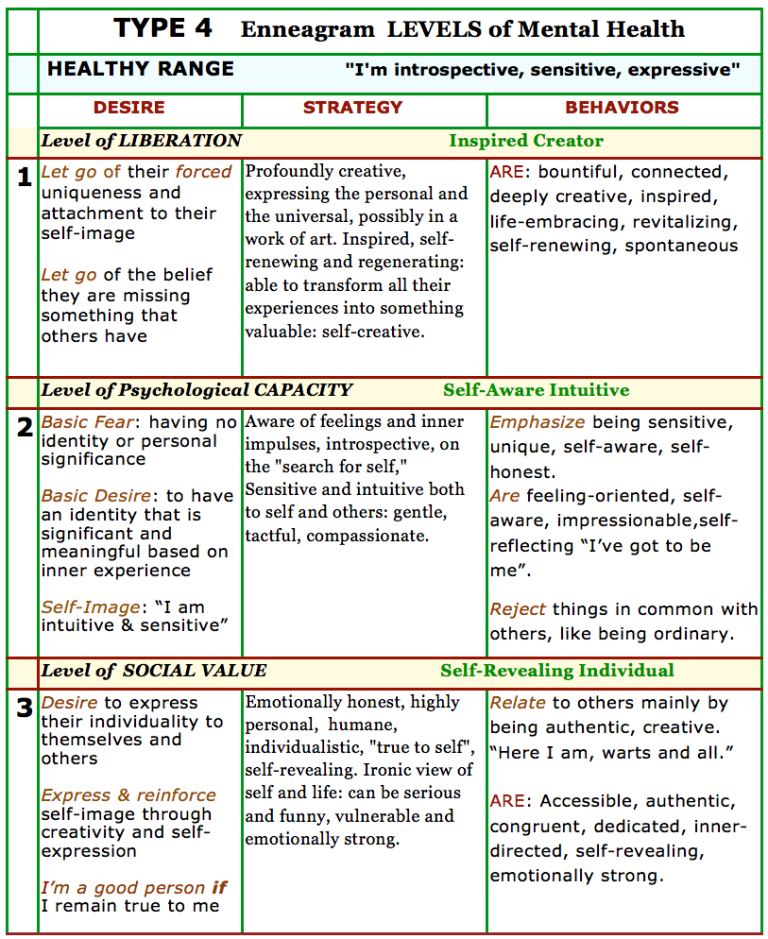 This can be a good thing, leading to them being more compassionate and loving people.
This can be a good thing, leading to them being more compassionate and loving people.
However, it also means they’re more prone to getting hurt emotionally.
READ MORE: 90 Letting Go Quotes for Moving On with Your Life
14. You are forgivingIt might be easy to hurt their feelings, but sentimental people are also known for their ability to forgive and let go.
BE INSPIRED: 10 Benefits of Minimalism That Experts SWEAR Are True!
15. You make a good partnerA sentimental person makes a good and caring partner in love and marriage.
When they say “for better or for worse” in their marriage vows, they mean it! They’ll be there for you through thick and thin.
This is good if they have an equally caring and loving partner, but they have to watch out for toxic people who will take advantage of their kind nature.
READ MORE: Top 20 Be Yourself Quotes to Embrace the Skin You’re In!
16.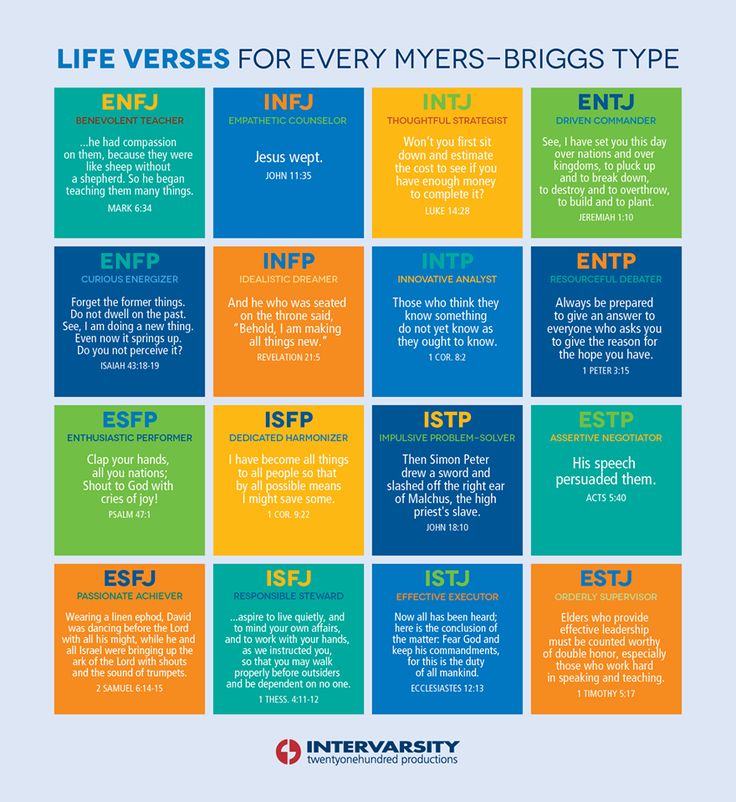 Your hobbies mean a lot to you
Your hobbies mean a lot to youWhether it’s playing the guitar, sewing quilts, or taking pictures of nature, sentimental people tend to feel a deep connection with things they enjoy doing.
This is good when they enjoy their hobby and have plenty of time to put towards it, but it can also lead to guilt if they stop enjoying it or don’t have enough time or money to keep up with them.
Sentimental people need to accept that exploring new hobbies and letting go of old ones that don’t resonate with them anymore is a natural part of life.
Hobbies should be enjoyable!
MINIMALIST NOTE: As someone who identified as a “book person” for a very long time, it was tough to accept that I was moving on to a different season of my life and declutter my books – it felt like a loss of identity!
17. Your enthusiasm is contagious.Sentimental people are often very enthusiastic, which can be contagious to those around them.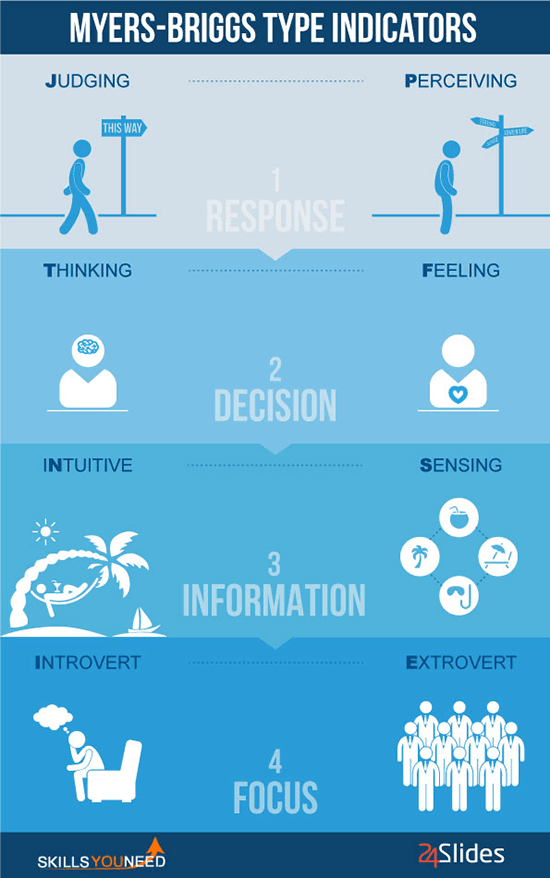
They might be the first person to laugh loudly at a joke in a comedy club, which sets everyone else off laughing as well. Or they might be the first to break the ice and jump out on the dance floor at a wedding.
Their excitement and passion for life are inspiring!
18. Your memory is excellentTheir careful attention to detail and care for those special moments means sentimental people often have an excellent memory.
They’ll never forget your birthday, the time you first met or that fantastic trip you went on together. They might even have a designated ‘memory box‘ where they keep all of these precious items safe!
READ MORE: How to Make a DIY Memory Box in 5 Simple Steps (for Kids OR Adults!)
19. You throw good partiesBeing in tune with the people around you means you know how to cater to their needs and throw a great party!
From knowing the best games to play to preparing the perfect snacks and meals, a sentimental person doesn’t mind going the extra mile to ensure their guests have a fantastic time.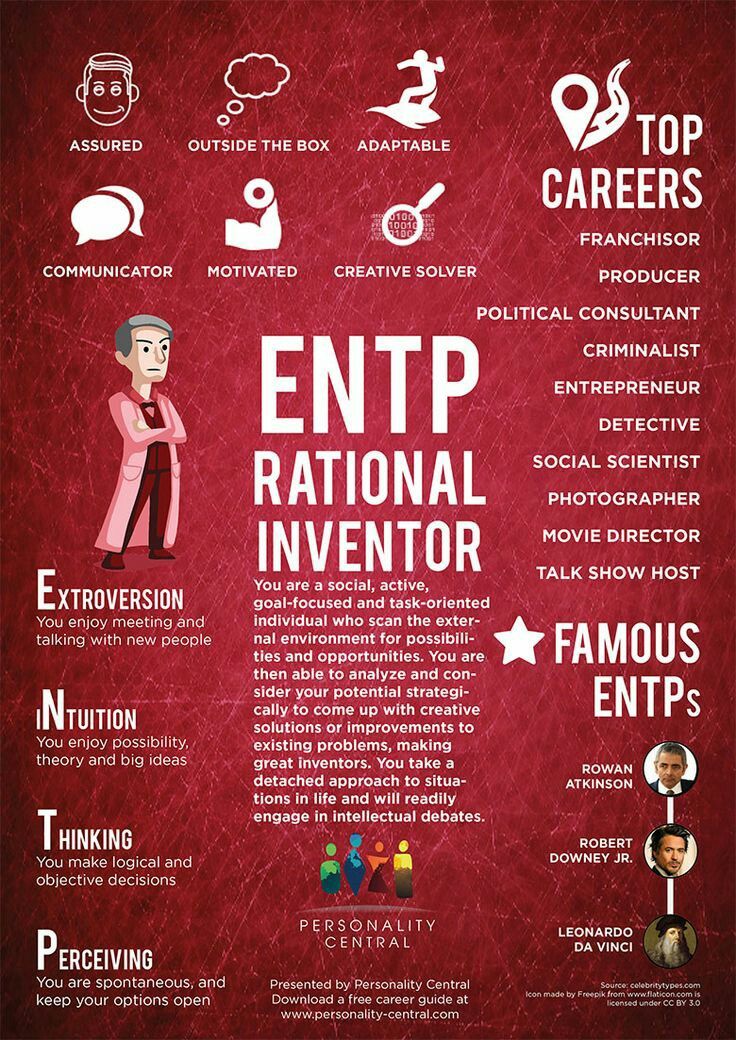
They believe that everyone should be allowed to express themselves.
For people who are more reserved or shy, this can come across as intense and sometimes even overwhelming!
But sentimental people know the importance of self-expression and want everyone to share their thoughts and emotions without fear of judgment.
READ MORE: Be Yourself: 10 Toxic Fantasy Self Items to Declutter Right Now
Final thoughts on being sentimentalAre you a sentimental person, or do you know someone who is?
Which of these characteristics of sentimental people did you identify with the most, or had you nodding your head in agreement?
Feel free to comment below with your thoughts and experience on what it’s like to be sentimental.
Here’s How Sentimental You Are, According to Your Personality Type
Testing After Post Let's see
Here’s How Sentimental You Are, According to Your Personality TypeWhile some people prefer to focus on practicality, others are very sentimental. Here is how sentimental each personality type most likely is.
Here is how sentimental each personality type most likely is.
INFJs are compassionate and warm people, who care deeply for the well-being of others. INFJs are not strongly connected to the past, but they do have a sentimental streak. Their drawing towards sentimental memories, come from a desire to feel close to their loved ones. INFJs simply enjoy reminiscing over happy memories, or certain times spent with people they care for. They don’t become obsessed with physical items, but they do have a few things that might connect them to a person. For the most part INFJs simply because sentimental when thinking about people they miss and care for.
ENFJENFJs can be somewhat sentimental, especially when it comes to memories of their loved ones. They try to remain somewhat focused on the future, and work hard to keep everything together and well balanced. ENFJs are often very future focused, which can cause them to be a bit less sentimental.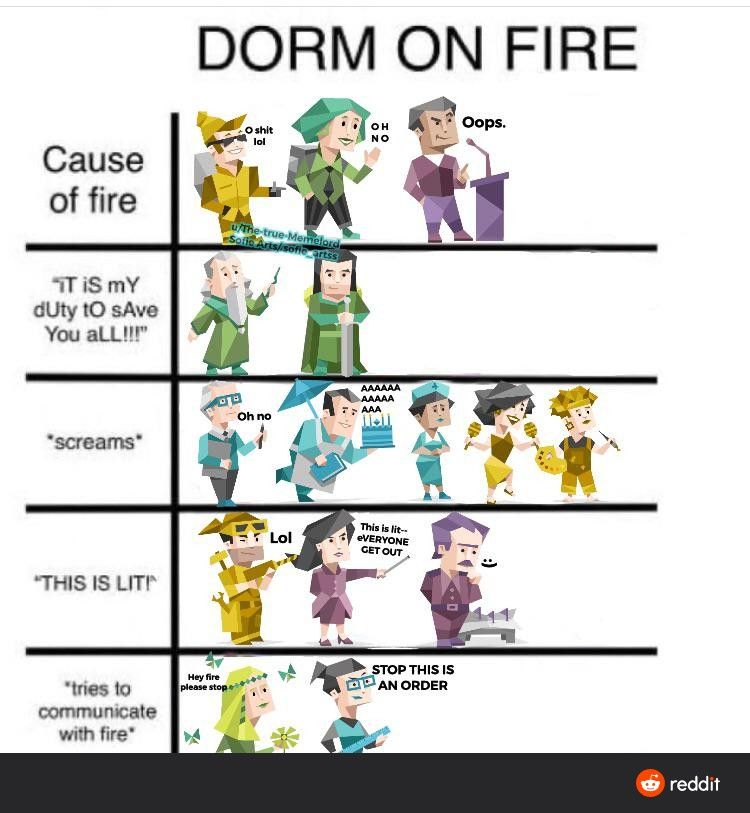 Their desire to get things done and continue moving forward, keeps them more interested in the present and the future. ENFJs can become sentimental though, especially when they are thinking about their loved ones. They can hold onto certain connections to the people they love, and will become saddened if they lose that link.
Their desire to get things done and continue moving forward, keeps them more interested in the present and the future. ENFJs can become sentimental though, especially when they are thinking about their loved ones. They can hold onto certain connections to the people they love, and will become saddened if they lose that link.
INFPs are deeply emotional and moral people, who are connected to their loved ones. They can be a bit sentimental, and believe in holding onto certain memories and bonds. INFPs are not interested in physical possessions, but they can sometimes feel connected to items that remind them of certain people. They do have sentimental connections to things and places, since the INFPs emotions run so strong and so deep. It is difficult for them to let go of some of these feelings and they can easily come flooding back towards them.
ENFPENFPs are enthusiastic and imaginative people, who enjoy focusing on exploration.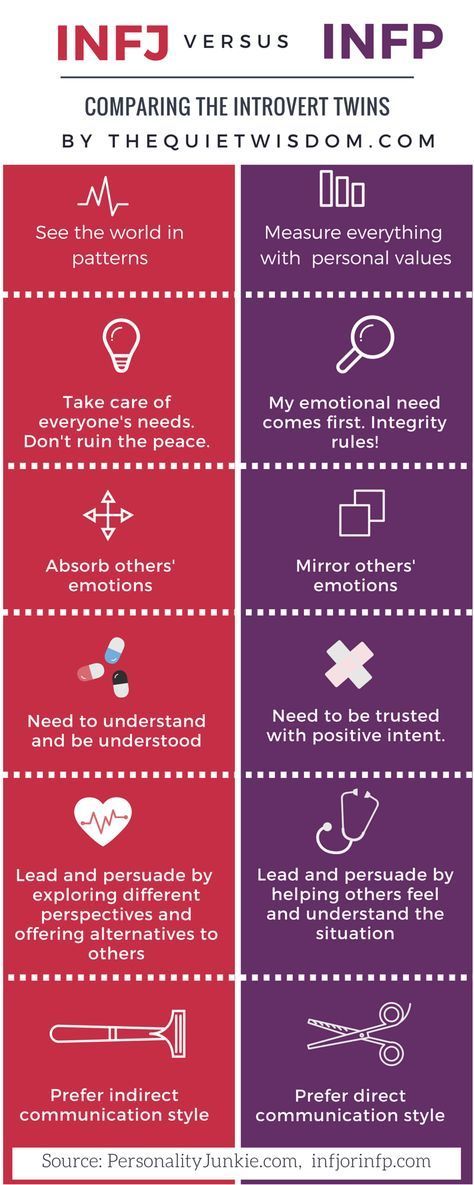 They love being able to push their boundaries and the boundaries of others, in order to grow and learn. ENFPs sometimes try to avoid being too sentimental, but their emotions can get the best of them. They often cannot help but have certain sentimental memories and feelings rush over them. ENFPs are connected to their emotions, which can cause them to be rather sentimental people. They don’t want to get caught up in silly things, but they do value feelings and connections.
They love being able to push their boundaries and the boundaries of others, in order to grow and learn. ENFPs sometimes try to avoid being too sentimental, but their emotions can get the best of them. They often cannot help but have certain sentimental memories and feelings rush over them. ENFPs are connected to their emotions, which can cause them to be rather sentimental people. They don’t want to get caught up in silly things, but they do value feelings and connections.
INTJs are not generally sentimental people, and might find those connections to be a bit foolish. They are ruled by logic and reason, and rarely tend to their emotions. They might find overly sentimental people to be a bit exhausting, and even a little silly. INTJs value their relationships, but they can sometimes approach even those bonds from a logical point of view. They rarely find themselves overwhelmed by feelings, and in most cases would rather block those out in favor of what is logical and smart.
ENTJs are not usually sentimental people, and are much more interested in focusing on logic and efficiency. ENTJs realize that being overly sentimental can pull them away from being smart and making the right choices in life. When it comes to being overwhelmed by emotions, ENTJs prefer to bury those feelings and focus on what makes logical sense. They can even become annoyed and exhausted by overly sentimental people in their presence. ENTJs are willful and intelligent, and enjoy moving forward in life.
INTPINTPs are more logically focused people, and enjoy learning as much as much as they can. They are naturally analytical, and often cannot help themselves when it comes to research and absorbing information. INTPs definitely favor logic, but they do have a bit of a sentimental streak in them. When it comes to making deep connections, and feeling connected to certain memories, INTPs can actually be a bit sentimental. They often attempt to prioritize logic, but at the same time INTPs are deep and complex people.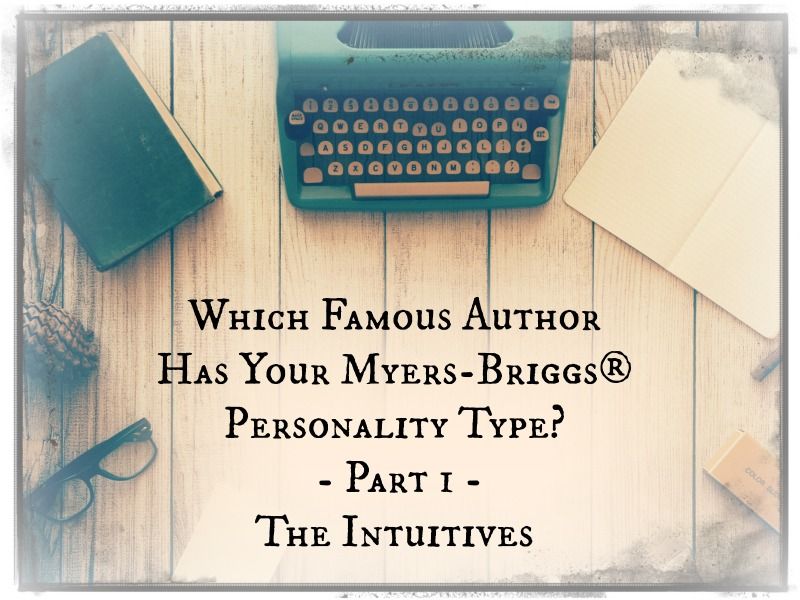 They can become rather sentimental, especially when it comes to people and things that mean a lot to them.
They can become rather sentimental, especially when it comes to people and things that mean a lot to them.
ENTPs are analytical and intelligent people, who favor logic over emotions. They prioritize what makes reasonable sense, over what their feelings are telling them. ENTPs enjoy being able to research and analyze information, in order to learn and grow. They love searching for knowledge, and enjoy exploring new things. They are curious and intriguing people, who dislike being held back by anything in their lives. While ENTPs are definitely more logic minded, they do have a strong connection to the people they care for. ENTPs do have moments where the sentimentality can strike them, but they often use humor to deflect.
ISTJISTJs are not usually sentimental people, and are much more practical. They enjoy focusing on things they can control, and are intelligent and analytical people. They don’t want to become too caught up on emotions, and dislike feeling like they are not in control. ISTJs do care deeply for their loved ones, and sometimes have moments where the sentimentality strikes them. They want to feel connected to the people they love, but in most cases they are pragmatic, not sentimental.
ISTJs do care deeply for their loved ones, and sometimes have moments where the sentimentality strikes them. They want to feel connected to the people they love, but in most cases they are pragmatic, not sentimental.
ESTJs are generally not sentimental people, and are much more focused on practical thing. They strive to provide for their loved ones, but this is more focused on a pragmatic approach. ESTJs are caring people, but they simply favor reason and facts over emotions. They might have moments where they are feeling a bit sentimental, and those emotions can overtake them. ESTJs can be sentimental when mulling over certain memories from their past, or connections they shared with people.
ISFJISFJs are compassionate and sensitive people, who care deeply for others. They are definitely sentimental individuals, who are often rules by emotions. They simply enjoy giving to others and want to see their loved ones as happy as possible. They are deeply connected to emotions, especially the emotions of those they love. ISFJs value love and sentimentality, and believe in caring more about feelings and hurting people than they do about analyzing and being correct.
They are deeply connected to emotions, especially the emotions of those they love. ISFJs value love and sentimentality, and believe in caring more about feelings and hurting people than they do about analyzing and being correct.
ESFJs are definitely sentimental people, who are very focused on their loved ones. They can become struck by nostalgia or waves of emotions, with the smallest things. They are tender hearted and loving people, who simply enjoy seeing others happy. ESFJs can become emotional over seeing someone else in pain, and strive to help them feel better. They are hardworking people who do whatever it takes to tend to the needs of others, but oftentimes they are sentimental. They enjoy things that make them feel connected, and simply want to be giving people.
ISTPISTPs are not usually sentimental people, and prefer to focus on logic and analysis. They enjoy being inside of their own heads and are naturally skilled problem solvers. Sometimes being overly sentimental can get in the way of their goals, so ISTPs prefer to focus on what they know and understand. They can sometimes avoid their own emotions and prefer to be logical people. They are not often seen as sentimental, and really aren’t overly emotional individuals.
Sometimes being overly sentimental can get in the way of their goals, so ISTPs prefer to focus on what they know and understand. They can sometimes avoid their own emotions and prefer to be logical people. They are not often seen as sentimental, and really aren’t overly emotional individuals.
ESTPs are not generally sentimental people, since they prefer to focus on reason and logic. ESTPs are not overly emotional, and can even become uncomfortable with too much sentimentality. They can become a bit bothered by people who are overly emotional, and prefer to avoid that sort of sentimentality. ESTPs can have the occasional streak of nostalgia, and this is usually connected to physical items which connect to certain memories from the past.
ISFPISFPs are sensitive and tender people, who are very connected to their own emotions. Their warm hearts make them rather sentimental people, who can become emotional somewhat quickly.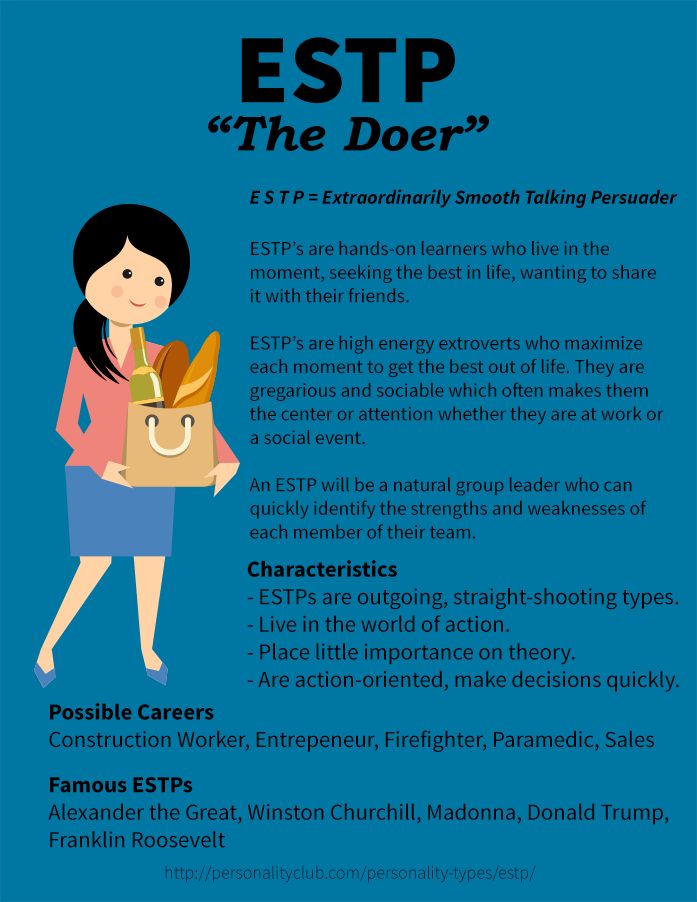 They are connected to their loved ones and the world around them, and deeply love feeling bonded to people. ISFPs are sentimental, but that does not make them overly emotional. Emotions are important to ISFPs, since they desire to follow their heart and do what they believe is right.
They are connected to their loved ones and the world around them, and deeply love feeling bonded to people. ISFPs are sentimental, but that does not make them overly emotional. Emotions are important to ISFPs, since they desire to follow their heart and do what they believe is right.
ESFPs are caring and sensitive people, who can be a bit sentimental. They do enjoy living in the present moment, and don’t want to be held back by things. Ultimately ESFPs want life to be fun, but deep down they are warm and loving people. They can become extremely sentimental, about their loved ones, memories and even a movie that they enjoy. ESFPs are connected to their own emotions, and value following their own hearts.
You Might Also Enjoy:Here’s How Each Personality Type Feels About Tedious Activities
Here’s How Agreeable You Are, According to Your Personality Type
Here’s How Generous You Are, According to Your Personality Type
What Each Personality Type Looks For In a Best Friend
How Each Personality Type Can Bounce Back From Defeat
What Causes Each Personality Type To Burn Out
See All Articles Here:
Entire List Of Personality Growth Articles
This Post is Brought To You By BetterHelp
Are you tired of fighting your demons?
Do you feel alone in your internal struggle?
Do you want to be heard?
Maybe your mental health needs a checkup…
Do you wish someone was in your corner coaching you,
supporting you,
and helping you navigate life better?
We have the solution.

BetterHelp.
You’ve probably heard of BetterHelp on podcasts, TV, or through endorsements from your favorite celebrities.
The reason it is so popular is because it works.
Plain and simple.
And that’s why we have BetterHelp as our sponsor.
BetterHelp matches you with a professional therapist that helps you talk through and solve your problems.
You’d be surprised at how much of a relief it is to have someone fighting in your corner to put you back on track and ease your feelings of anxiety.
Imagine having someone you can talk to weekly about all that you’re struggling with.
There’s no shame in getting help.
More and more people are turning to online therapy from the comfort of their own home.
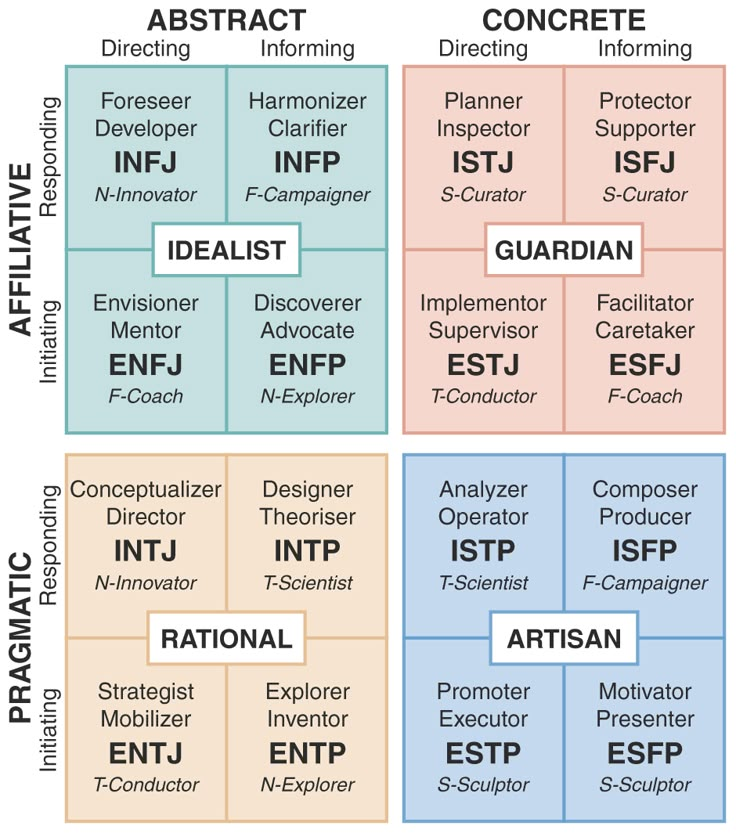
It’s easy.
It works.
Picture yourself talking over text or video to a therapist that has been trained in just the right way to handle the problems in your life.
The burden doesn’t have to all be on you. Figure out a way to ease the burden and feel a weight being lifted off your shoulders.
Isn’t that something you want?
We all do. I’ve been a member for more than 2 years and have seen a drastic increase in my mental health and the weight of my inner struggles has definitely been lifted.
Give it a try. I know you’ll be impressed and see results that put you in a better mood and a better frame of mind.
Sign up below and receive 15% off your first month.
BetterHelp: Get 15% Off
Please note: We receive a commission on the sale of any product or service through BetterHelp.

P.S. The 15% Discount is only available through our link
here. Sign up for less than $70/week.Emotional qualities of personality | Training Center Sinton
In the process of growing up, under the influence of external conditions, genetic prerequisites, young people develop stable emotional qualities - emotional characteristics and personality traits. It is important to note that, often, they are formed, that is, spontaneously themselves. For example, the emotional characteristics of female students who are fans of such television shows as "Behind the Glass", "House -2", "Soap Operas" and the like can be characterized as: emotional excitability, reactivity, affectation. Of course, no one has done scientific research on this matter, but when you meet another shrill young lady, ask what she watches on TV, I think you can guess the answer in advance. But today's students are tomorrow's managers, with their own formed characteristics and personality traits, which will definitely manifest themselves in the process of work. Perhaps this is the explanation for the dual situation when employers say that there are not enough quality managers, and there are hundreds of thousands of university graduates in the country who are unable to get the desired job or do not meet the requirements for employees with a decent salary. Therefore, the emotional qualities of a person often directly affect success in work and, accordingly, the level of income.
Perhaps this is the explanation for the dual situation when employers say that there are not enough quality managers, and there are hundreds of thousands of university graduates in the country who are unable to get the desired job or do not meet the requirements for employees with a decent salary. Therefore, the emotional qualities of a person often directly affect success in work and, accordingly, the level of income.
Such personality traits as emotional excitability or affectation can be compensated by a general low emotional tone, not a high reaction force, and emotional stability. Everything is determined by the desire of the person himself to influence his emotional sphere of life, to control it. N. Dorizo said well: “With the maximum of difficulties, the approach to the problem is still one, desire is a lot of possibilities, and not desire is a lot of reasons.”
Emotional qualities affect the general mental appearance of a person, forming an emotional type of personality. There are several types: emotional, sentimental, passionate, frigid (cold).
There are several types: emotional, sentimental, passionate, frigid (cold).
Emotional type.
People who are emotionally impressionable and easily excitable often react impulsively to minor events, words, scream, cry, become aggressive. They deeply worry about their actions, caused by a state of emotional affect, do not always admit they are wrong, prove the opposite. They do not draw conclusions for the future, repeating an inadequate emotional response.
Managers with this type of personality, as a rule, can advance in their careers solely because of the highest professionalism, they are allowed to behave excessively emotionally as long as this does not affect the efficiency of work, the positive emotional mood of the entire team. As soon as "emotional hooliganism" does more harm than the manager brings benefits to the company, they try to get rid of such an employee, it's just that his emotional imbalance costs the employer dearly.
Sentimental type.
Such people are more involved in their emotions, experiences, which are not related to behavioral activity. They tend to be introspective. The world is presented to them through the prism of their actual emotional states. These people can be called sensually passive, they admire their emotions, which they often portray for themselves.
Managers with this emotional personality type may not notice the emotions and states of others. Although, they know how, and even sometimes notice that the client is nervous, but for them the main thing is narcissism with their feelings.
Passionate type.
These people are emotionally mobile, they do everything with perseverance, they live a tense, bright, rich life. Be sure to find a hobby that they give themselves passionately to. They spend their stormy energy to the full, accompanying indefatigable activity with a powerful emotional charge. The content of their passion doesn't really matter, it could be a grand holding project, or a hippo hunt, they're all emotionally charged.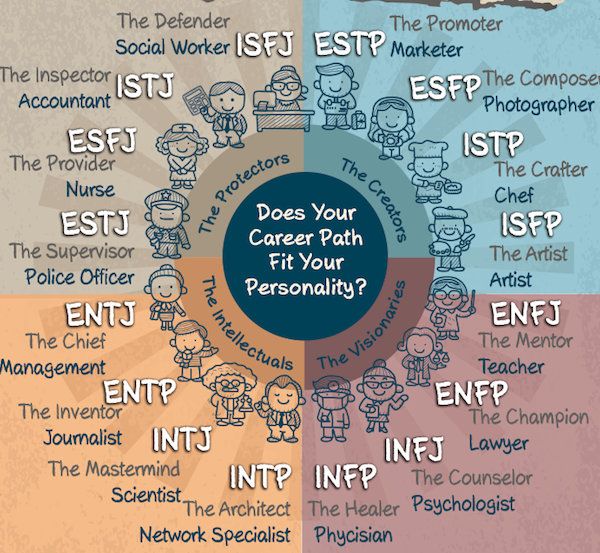
Managers with this emotional personality type can be outstanding managers, but they can just as well destroy any stable company if they do not control their emotional energy with a sober and logical calculation. For them, external control is useful to compensate for violent activity with emotional stability.
Frigid type.
This is not a curse word. The frigid emotional type are people of cold mind. Their emotional manifestations are weakly expressed, so they often do not understand other people who are characterized by more vivid emotional manifestations. There are difficulties in the ability to empathize with other people, since joining a person's experiences occurs more on an emotional level than on a logical and reasonable one.
Managers with this emotional personality type can be very helpful in analytical work, but they are unlikely to be leaders and good communicators. People with this type of emotional response experience serious difficulties in managing a team.
It is rare to find one clearly defined emotional personality type. More common is a mixture of different options with the presence of one leader. For example, a frigid type can become very passionate when news of the deprivation of the award, or passionate, but very tired, similar to sentimental. Moreover, taking into account specific working conditions, emotional qualities can change. If a person is strongly motivated to prove himself and earn money, then he will adapt to the theme and rhythm of work established in the company, the accepted rules of corporate culture.
One case is indicative. The girl graduated from the university, she was smart, studying was easy, so she didn’t really strain, she liked to sleep, she was often late, and strong feelings were rarely reflected on her face. The young lady was more of a frigid emotional personality type. But when she got a job in a very large and fairly well-known company, they first noticed her good, competent and professional reports, then they promoted her, made her small, but a leader. This is where the problems started. The leader, oddly enough, needs to lead, that is, to influence other people, which includes, among other things, skills, smile, frown, show joy, anger, discontent, goodwill, support and other interesting emotions. The question arose as follows, either all these emotions must be learned, or quit, which promised the following consequences. The loss of a good salary, the inability to pay off a loan for an apartment, the end of a career in a business that I liked. Two ways of motivation came together. On the one hand, it was necessary to avoid unpleasant consequences, on the other hand, mastering and managing one's emotions promised a further increase in monetary income and career advancement. Not immediately, but the problem was solved, emotional activity appeared, caused by a passionate desire not to lose the apartment and not stay on the street. From a frigid emotional type, she began to show traits, sometimes passionate, sometimes just emotional, and in the evenings at home, sometimes, she became sentimental.
This is where the problems started. The leader, oddly enough, needs to lead, that is, to influence other people, which includes, among other things, skills, smile, frown, show joy, anger, discontent, goodwill, support and other interesting emotions. The question arose as follows, either all these emotions must be learned, or quit, which promised the following consequences. The loss of a good salary, the inability to pay off a loan for an apartment, the end of a career in a business that I liked. Two ways of motivation came together. On the one hand, it was necessary to avoid unpleasant consequences, on the other hand, mastering and managing one's emotions promised a further increase in monetary income and career advancement. Not immediately, but the problem was solved, emotional activity appeared, caused by a passionate desire not to lose the apartment and not stay on the street. From a frigid emotional type, she began to show traits, sometimes passionate, sometimes just emotional, and in the evenings at home, sometimes, she became sentimental.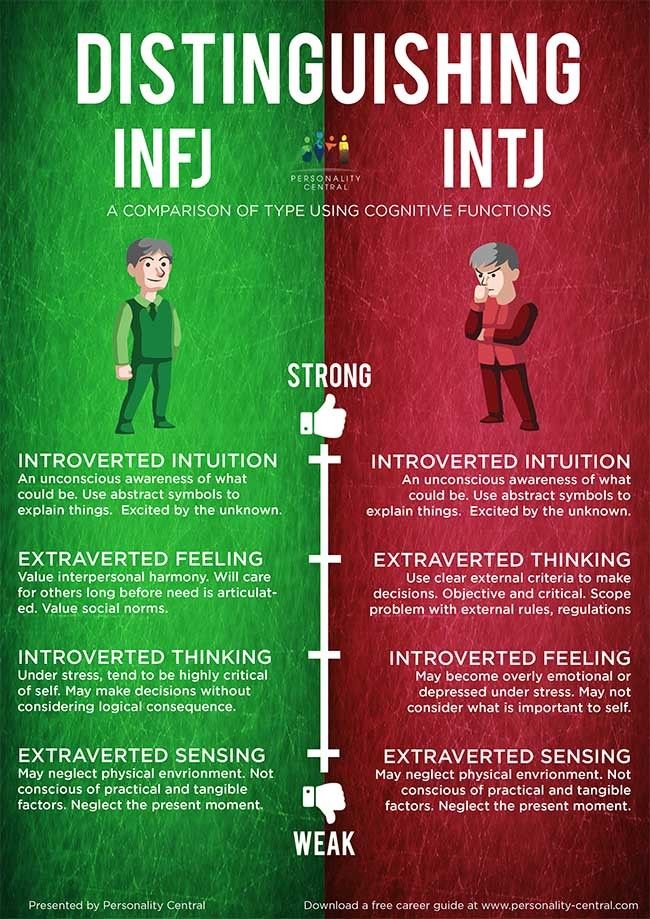 She was helped by powerful motivation and a well-formed corporate culture. It is said that if a fresh cucumber is thrown into a jar of pickles, then after a while it will become the same. So the environment and circumstances can influence, with sufficient motivation, a change in the emotional type of a person, the acquisition of new skills of emotional response. It is also important to understand that there are no bad or good emotional qualities, there are those that prevent you from acting effectively in a given, specific period of time, there are those that help. The main thing is to always have a choice of what and how to experience, what emotions will be relevant and appropriate. Possession of emotions is not suppression of them, but inclusion in the system of emotional-volitional regulation, it is useful that any emotion be targeted and expedient.
She was helped by powerful motivation and a well-formed corporate culture. It is said that if a fresh cucumber is thrown into a jar of pickles, then after a while it will become the same. So the environment and circumstances can influence, with sufficient motivation, a change in the emotional type of a person, the acquisition of new skills of emotional response. It is also important to understand that there are no bad or good emotional qualities, there are those that prevent you from acting effectively in a given, specific period of time, there are those that help. The main thing is to always have a choice of what and how to experience, what emotions will be relevant and appropriate. Possession of emotions is not suppression of them, but inclusion in the system of emotional-volitional regulation, it is useful that any emotion be targeted and expedient.
Author: Pichugin V.
Placed on the site http://www.syntone.ru. When publishing an article, a link to the site is required.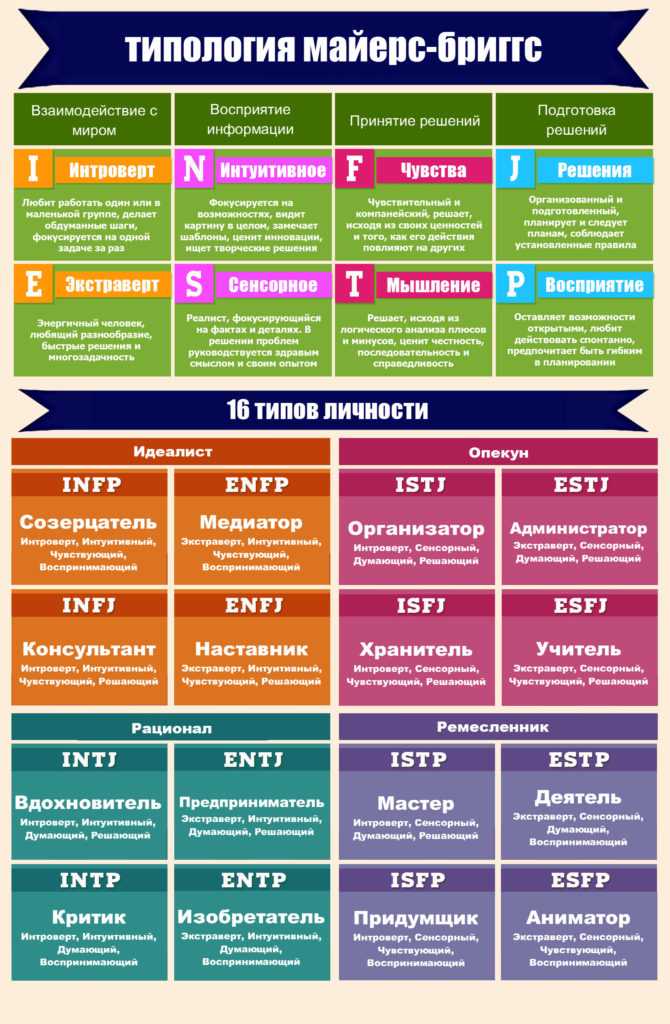
Emotional types.
Different people tend to experience one of the basic emotions more often. People are divided into emotional types, or, as K. Izard writes, they have “emotional traits” (by them he understands the inclination of an individual to experience a particular emotional state).
Emotionality as a type of temperament (character). Depending on the severity of different aspects of emotionality, emotional types of people are distinguished, attributable to different types of temperament. One of the first such attempts was made in the classification of Heymans-Le Senne temperament types. Types are distinguished by a combination of three main characteristics: emotionality (E + and E-), activity (A + and A ~) and primary and secondary (P and B).
Emotionality is understood by the authors of the typology as the degree of ease of occurrence of an emotional state in a given situation, as well as its intensity.
Activity reflects the need for action, for the implementation of the plan, intention.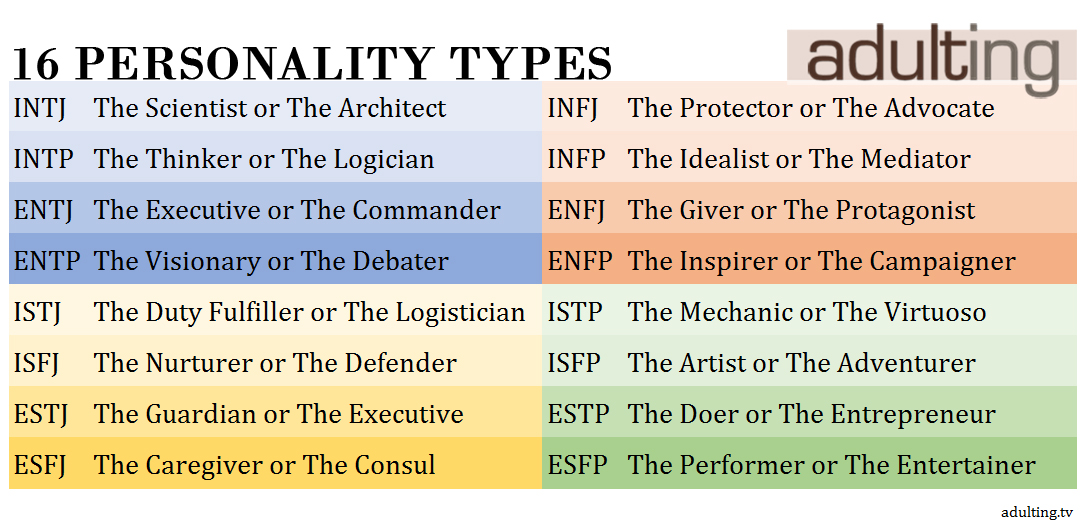 Highly active people cannot stand idleness, downtime. Therefore, they always find something to do. Others are inert, think for a long time before starting to do something.
Highly active people cannot stand idleness, downtime. Therefore, they always find something to do. Others are inert, think for a long time before starting to do something.
The primacy of characterizes the other side of emotionality — the speed of emotion disappearance. Many people do not remain long under the impression of the experience. They constantly “discharge” their emotions. The authors call such people “primary” (rather, they are emotionally labile). "Secondary" people are the opposite of "primary": their mood is most often even. However, when the cup of their patience overflows, they become very angry, offended and remain under the impression of what they have experienced for a long time.
Based on the combination of these properties, eight types of characters were identified:
— nervous: E+, A-, P;
- sentimental: E +, A-, B;
- stormy, very active: E+, A+, P;
passionate: E+. A+, B;
-sanguine: E-, A~, P;
- phlegmatic: E-, A-, B;
- amorphous, or careless: E ~, A +, P;
- apathetic: E-, A+, B.
Nervous type is characterized by strong and chaotic emotional experiences, prone to cruelty and suspicion. Sensitive to emotional situations, but his emotions quickly disappear. Constantly in search of new experiences. He does not tolerate monotony, which quickly causes him boredom. He subordinates the truth to his momentary moods and desires.
Attention!
If you need help writing a paper, we recommend that you contact professionals. Over 70,000 authors are ready to help you right now. Free corrections and improvements. Find out the value of your work.
Calculation costGuaranteesReviews
The sentimental type also has a high emotional excitability, but unlike the nervous type, it deeply and long experiences both joy and grief, remembers them and constantly returns to them. This is a deep, dreamy and constant nature. Requires a gentle and friendly attitude.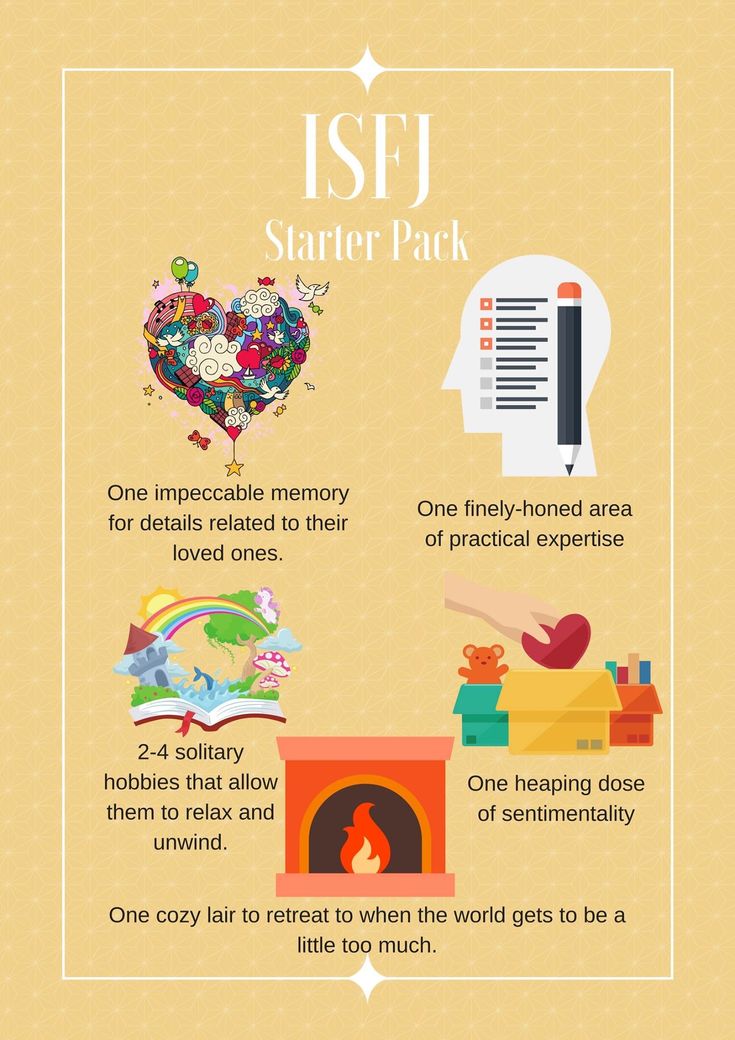
The stormy type sometimes shows a violent display of feelings. Cheerful, always in a good mood. He treats others with sympathy and does not hide his sympathies. He is not vindictive, but reacts to reproaches with violent indignation.
Passionate type devotes himself to some business with enthusiasm, all without a trace. Luck is experienced calmly, without manifestation of affect.
Sanguine little excitable, calm, optimistic.
Phlegmatic is cold and calm.
Amorphous type is indifferent to what it does. Emotionally unexcited.
The apathetic type is also indifferent to what he is doing. Always in an even mood, enjoys loneliness. Indifferent to other people.
Among the accentuated personality types identified by K. Leonhard, there are affectively labile, affectively exalted, anxious and emotive types.
Affectively labile type is characterized by a slight change in polar emotions. Now one or the other pole of emotional experiences comes to the fore. Joyful events cause them not only joy, but also high verbal and motor activity. Sad events cause depression, slow reactions and thinking. They are easily infected by the emotions of others, for example, being in a company. At the same time, the degree of their external reactions and the depth of their experiences do not correspond to the significance of the event. They may be overjoyed at minor successes and become deeply depressed at minor failures.
Now one or the other pole of emotional experiences comes to the fore. Joyful events cause them not only joy, but also high verbal and motor activity. Sad events cause depression, slow reactions and thinking. They are easily infected by the emotions of others, for example, being in a company. At the same time, the degree of their external reactions and the depth of their experiences do not correspond to the significance of the event. They may be overjoyed at minor successes and become deeply depressed at minor failures.
Affective-exalted type - is the temperament of anxiety and happiness. People of this type react to life more violently than others: they are equally easily delighted with joyful events and despair with sad ones. They have a strong expression. Attachment to relatives, friends, joy for them can be extremely strong. There are enthusiastic impulses that are not associated with a purely personal relationship. They are extremely sensitive to sad facts. Pity, compassion for unfortunate people, for sick animals can drive such people to despair. They may experience genuine grief over a small setback or disappointment. Such a person can experience the trouble of a friend more than the victim himself. This temperament is most often inherent in subtle, artistic natures: poets, artists.
They may experience genuine grief over a small setback or disappointment. Such a person can experience the trouble of a friend more than the victim himself. This temperament is most often inherent in subtle, artistic natures: poets, artists.
The emotive type is close to the affective-exalted type, but in contrast to it, emotions do not develop so quickly in people of this type. This type is also associated with sensitivity to subtle rather than gross emotions, that is, to what is associated with the soul, with humanity and responsiveness. Usually people of this type are called softly cordial, sincere. They are more compassionate than others, more amenable to emotion, they experience special joy from works of art, the perception of natural landscapes. They are characterized by a strong external expression of their experiences. Their tearfulness is especially pronounced. They equally easily have tears of sadness and tears of joy. The consequence of a painfully deep experience is reactive depression.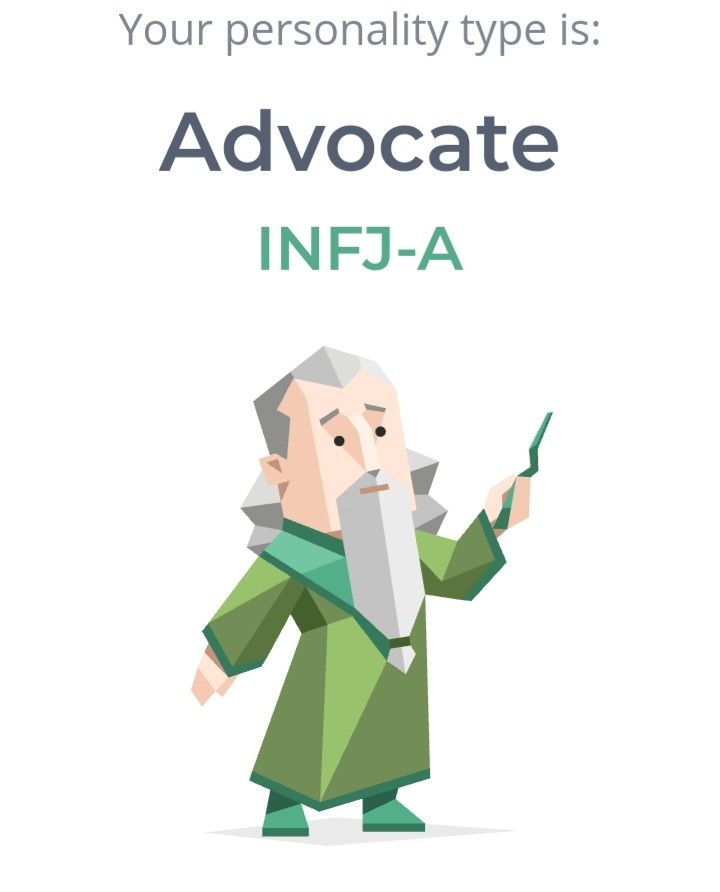
According to P.V.Simonov, each type of temperament is associated with a certain group of emotions. The choleric person, with his traits of overcoming, fighting, aggressiveness, is dominated by emotions of anger and rage. For a melancholic, with his indecision and inclination for defense, fear and timidity are typical. Sanguine and phlegmatic people often experience positive emotions. However, it should be borne in mind that pure types of temperament are rare, they are mostly mixed, so the manifestation of one or another group of emotions in specific people will be greatly complicated by this circumstance.
Modality profiles (types) emotionality . Different severity of the propensity to experience emotions of a certain modality led to the study of the qualitative individual features of the modality. A.A. Plotkin identified 13 types of modal structure of emotionality, of which six are the main ones: joy prevails over fear and anger, fear prevails over joy and anger, anger prevails over joy and fear, joy and fear prevail over anger, joy and anger prevail over fear, anger and fear prevail over joy.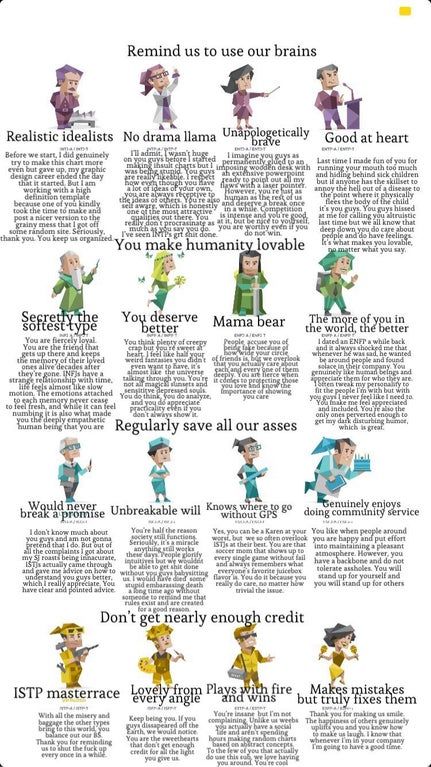
I. V. Patsyavichus showed that subjects with a predominance of the experience of joy demonstrate greater self-confidence compared to subjects in whom the emotion of sadness dominates. However, the objective data of the experiment showed that the results shown in the activity of the former were lower than those of the latter. Pacevicius explains this by the fact that stable negative experiences give rise to activity aimed at searching for and mastering new information that contributes to the improvement of the self-regulation process, while stable positive experiences prevent this. According to the author, positive experiences reinforce successful actions and thus inhibit the subject's activity in discovering objectively more effective ways of acting. Their threshold of "subjective success" is lower than that of people with negative emotions. The latter are more often dissatisfied with themselves and their successes. They make great demands on themselves, so what they achieve is often regarded as “failure”, and their efforts are insufficient.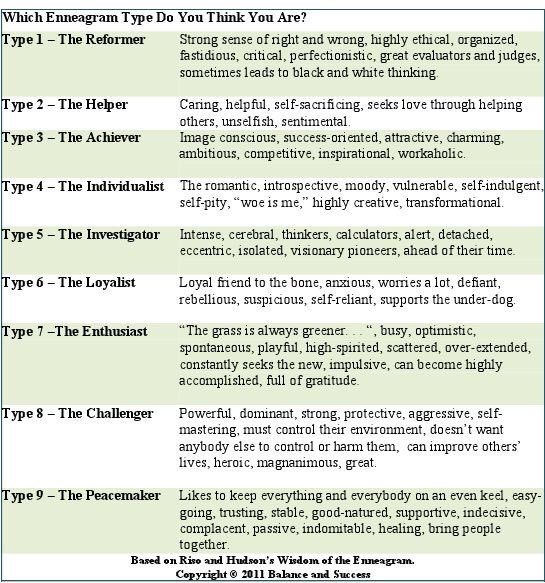
BI Dodonov proposed another classification of emotional types. Although he talks about the general emotional orientation of people (GES), determined depending on the experience that a person likes to experience most, in fact he is talking about the area of activity in which a person most often experiences joy: when giving helping another (altruistic type), when achieving success in work (practical type), when learning new things, confirming one's guesses and assumptions (gnostic type). It was found that the severity of one or another type is associated with the dominance of a certain personality trait: responsiveness, hard work or intellectual development.
The author believes that the type of AES contributes to the formation of one or another personality trait, and therefore it turns out to be developed somewhat better than others.
There is another way to distinguish emotional types - by the dominance in people of only one emotion of any modality.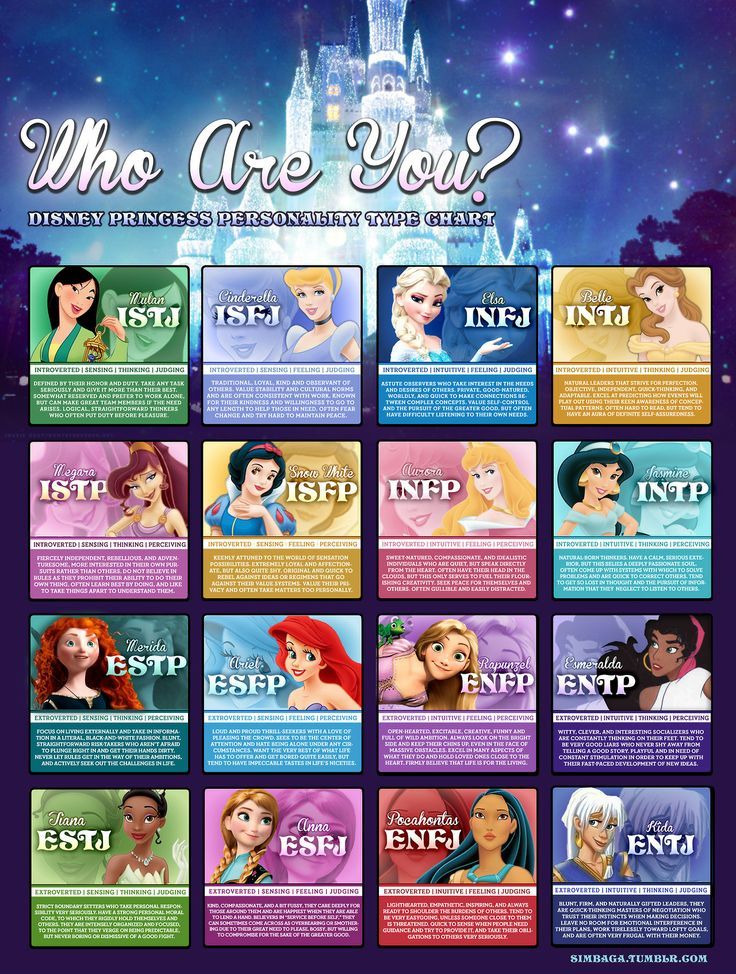 Characteristic 9 is given below0048 of these types.
Characteristic 9 is given below0048 of these types.
Optimists - pessimists . The emotional difference of people in the perception of the surrounding world, among other signs, was put by the ancient Greek philosophers as the basis of the doctrine of temperament. According to Plato, it reflects the different susceptibility of people to pleasant and unpleasant impressions, because of which the dyscholic, if the outcome of some business fails, will be angry and lament, and if successful, he will not rejoice; Eucholic, on the contrary, will not be annoyed or hurt when it fails, but when it succeeds, it will rejoice. It was believed that melancholics, possessing suspiciousness and a gloomy mood, tend to perceive the world around them pessimistically. A.F. Lazursky wrote that if a good or bad mood becomes dominant, constant, then a type of optimist or pessimist arises, who looks at the whole world through pink or dark glasses. Optimism and pessimism (from lat. - optimus - the best upessimus - the worst) - these are concepts that characterize one or another positive or negative system of a person's views about the world, about ongoing and expected events, etc.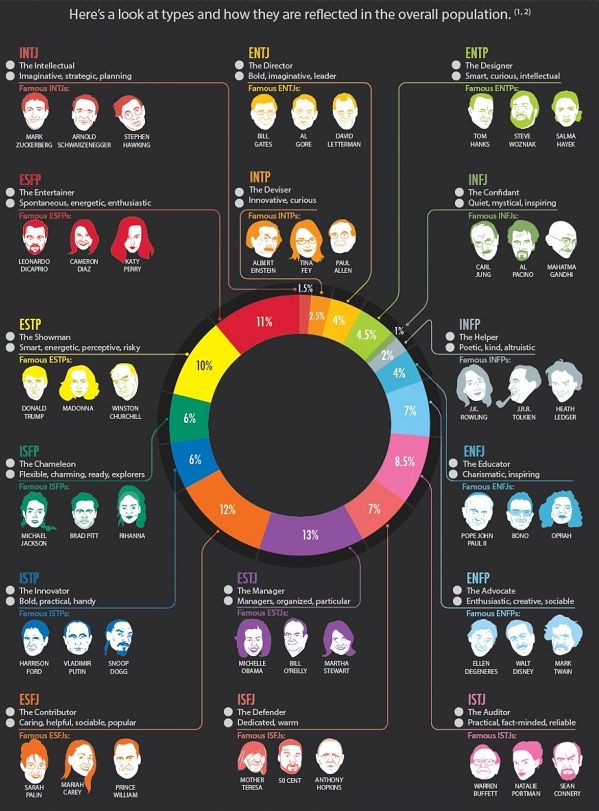 As a psychological emotional characteristic of a person, this is his general tone and mood perception and evaluation of reality. For an optimist, this is a bright, joyful tone of perception of life and expectation of the future, for a pessimist, a mood of hopelessness.
As a psychological emotional characteristic of a person, this is his general tone and mood perception and evaluation of reality. For an optimist, this is a bright, joyful tone of perception of life and expectation of the future, for a pessimist, a mood of hopelessness.
Shy . As F. Zimbardo notes, shyness is a vague concept: the more we look into it, the more types of shyness we find. According to V. Jones and B. Carpenter, shy people describe themselves as clumsy, afraid of evil tongues, unable to insist on their own, they say that they are doomed to loneliness.
Shyness is a common phenomenon. Filed by F. Zimbardo, 80% of Americans polled by him answered that at some period of their lives they were shy. About a quarter of those surveyed identified themselves as chronically shy. According to V. N. Kunitsyna, a significant part of the adult population of our country falls into the category of shy (30% of women and 23% of men). In schoolchildren, the prevalence of shyness ranges from 25 to 35%.
According to F. Zimbardo, the degree of shyness varies among representatives of different cultures. The Japanese and Taiwan, for example, have higher rates. They also have many more shy men than women. In Israel, Mexico, India, on the contrary, women are more shy, while in the USA these differences are absent.
Personality traits of shy people . shy people often have self-awareness centered on impressions and social evaluations. P. Pilkonis and F. Zimbardo found that shy people are less extroverted, have less control over their behavior in situations of social interaction and are more concerned about relationships with others than non-shy people. In men, shyness, according to these authors, correlates with neuroticism. In women, this connection was only among those shy who are prone to "self-digging." I. S. Kohn believes that shyness is due to introversion, low self-esteem and unsuccessful experience of interpersonal contacts. In subjects with severe shyness, typological features of the manifestation of the properties of the nervous system inherent in cowards are much more common: a weak nervous system (in 66% of cases), mobility of inhibition (in 77% of cases). Therefore, it is not surprising that shyness was most pronounced in people prone to a democratic style of leadership: most often this style is inherent in people with the typological features of the manifestation of the properties of the nervous system indicated above.
Therefore, it is not surprising that shyness was most pronounced in people prone to a democratic style of leadership: most often this style is inherent in people with the typological features of the manifestation of the properties of the nervous system indicated above.
Shy people are often self-absorbed, not sociable. It is easier for them to communicate with younger people than with older and more competent people. They are prone to stress response to ordinary life situations in a passive-defensive manner. They experience painful situations when they are in the center of attention of a group of people or when they are evaluated. They are characterized by restlessness and anxiety. In a state of high anxiety, they cannot concentrate. Indecisive, not persistent enough in achieving the goal, it is difficult for them to make a decision. Have difficulty communicating, especially with members of the opposite sex.
Contrary to popular belief that shy children have low self-esteem as a person, LN Galiguzova did not reveal this: shy children did not differ in self-esteem from non-shy children.
Features of communication of shy people . In a group of people, a shy person usually keeps apart, rarely enters into a general conversation, even more rarely starts a conversation himself. During a conversation, he behaves awkwardly, tries to get away from the center of attention, speaks less and quieter. Such a person always listens more than he speaks himself, does not dare to ask unnecessary questions, argue, usually expresses his opinion timidly and hesitantly.
It is difficult to call a shy person to talk, often he cannot get a word out of himself, his answers are usually monosyllabic. A shy person often cannot find the right words for a conversation, often stutters, or even stops completely; he is characterized by a fear of doing anything in public. With everyone's attention to him, he is lost, does not know what to answer, how to react to a remark or a joke; shy communication is often a burden. It is difficult for such people to make decisions. Difficulties in communication experienced by a shy person often lead to the fact that he withdraws into himself, and this, in turn, often leads to loneliness, the inability to create a family. The tension experienced by a shy person when communicating with people can lead to the development of neuroses.
The tension experienced by a shy person when communicating with people can lead to the development of neuroses.
Age features of shyness. Distinguish age-related shyness, which occurs during the period of active assimilation of social experience by the child. Shyness is especially pronounced in youth. P. Pilkonis and F. Zimbardo found 42% of shy students among students in grades 4-6 of schools and colleges, and there were no differences between boys and girls in terms of the frequency of its manifestation. But already in the 7th-8th grades, their number increased to 54%, and at the expense of girls. Childhood shyness is a transient phenomenon that disappears with the advent of contact experience, which has been proven in a number of psychological and pedagogical experiments.
T. M. Sorokina taught timid, shy children of the second year of life for two months "business communication" in the presence of strangers. In the end, the child overcame his shyness and learned to turn to an adult already mainly on "business" issues and did not limit himself to clinging to him. The emotional characteristics of his behavior also changed for the better: positive emotions appeared more often and negative ones less often, conflicting emotions practically disappeared.
The emotional characteristics of his behavior also changed for the better: positive emotions appeared more often and negative ones less often, conflicting emotions practically disappeared.
Shyness in 15-17-year-old boys and girls acquires special specificity during their communication with each other. Interestingly, when communicating with other adults, their level of shyness is almost the same as when communicating with peers of the opposite sex (only 10% of respondents feel confident).
Shameless are excessively free in communication, sociable to the point of obtrusiveness, unceremonious people. These are extroverted, emotionally excitable, courageous, risk-averse and adventurous people. They are highly conflicted, authoritarian, have low self-control. Shamelessness is more common among men than among women. It is characteristic that among the representatives of a number of professions surveyed by Kunitsyna (teachers, accountants, economists, directors of enterprises, taxi drivers), only taxi drivers turned out to be shameless.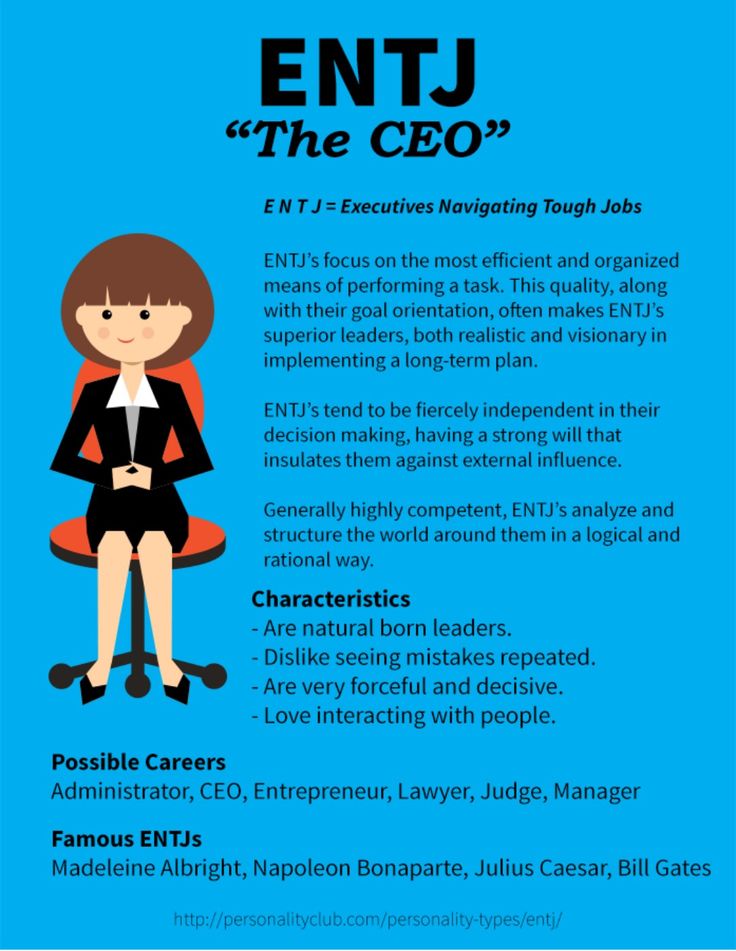 Kunitsyna identifies five types (groups) of the shameless:
Kunitsyna identifies five types (groups) of the shameless:
The first group is highly temperamental people, impulsive, lacking control over words.
The second group - poorly educated people, as well as those oriented towards self-affirmation. They can interrupt the conversation without apologizing, they have no sense of proportion and tact, they are extravagant.
The third group - excitable psychopaths, hysterical personalities, self-centered, unceremonious and obsessive to the point of rudeness.
The fourth group is morally defective people, careerists, shameless in the worst sense of the word. Narcissistic and arrogant, although outwardly polite. Sneaky towards elders and rude to younger ones.
Fifth group - inadequately adapted shy; they are those who, trying to overcome their shyness, fall into the other extreme.
Touchy and vengeful. Resentment as an emotional property of a person determines the ease of occurrence of the emotion of resentment. Proud, vain, proud people have a heightened sense of their own dignity, as a result of which they regard the most common words addressed to them as offensive, they suspect people of intentionally offending them, although they did not even think about it. An individual person may have especially sensitive points of resentment, with which he associates the greatest infringement of self-esteem and, when touched, can give a violent affective reaction.
Proud, vain, proud people have a heightened sense of their own dignity, as a result of which they regard the most common words addressed to them as offensive, they suspect people of intentionally offending them, although they did not even think about it. An individual person may have especially sensitive points of resentment, with which he associates the greatest infringement of self-esteem and, when touched, can give a violent affective reaction.
Resentment, according to Kovalev, is associated with a tendency to aggressive behavior, and this relationship is stronger in girls than in boys.
Vengefulness is a person's propensity for revenge, that is, for aggression in return for the harm done. The study of vindictiveness by P. A. Kovalev in schoolchildren of grades 5-11 showed that, firstly, at all ages, vindictiveness in boys is more pronounced than in girls, and secondly, the greatest vindictiveness in boys is observed at the age of 12 and 14-15 years old.
Empathic . When the experiences of other people become the object of an individual's emotional receptivity, he manifests a property called empathy (from the Greek pathos - a strong and deep feeling, close to suffering, with the prefix "em", meaning inward direction). Empathy means such a spiritual unity of the personality, when one person is so imbued with the experiences of another that he is temporarily identified with him, as if dissolved in him. This emotional feature of a person plays a big role in people's communication, in their perception of each other, in establishing mutual understanding between them. L.N. Tolstoy believed, for example, that the best person lives by his own thoughts and other people's feelings, while the worst person lives by his own feelings and other people's thoughts. In the middle, the writer had all the diversity of human souls.
When the experiences of other people become the object of an individual's emotional receptivity, he manifests a property called empathy (from the Greek pathos - a strong and deep feeling, close to suffering, with the prefix "em", meaning inward direction). Empathy means such a spiritual unity of the personality, when one person is so imbued with the experiences of another that he is temporarily identified with him, as if dissolved in him. This emotional feature of a person plays a big role in people's communication, in their perception of each other, in establishing mutual understanding between them. L.N. Tolstoy believed, for example, that the best person lives by his own thoughts and other people's feelings, while the worst person lives by his own feelings and other people's thoughts. In the middle, the writer had all the diversity of human souls.
Z. Freud believed that participation in the emotional state of another is carried out with the help of two mechanisms - infection and imitation. K. Rogers believes that to be in a state of empathy means to perceive the inner world of another accurately, but without losing the feeling of "as if". This means that the ability to return to your own world of experiences is preserved at any time. If this shade of “as if” disappears, then we are talking about identification with the emotional state of the other, about infecting him with emotion and experiencing it to the same degree for real.
K. Rogers believes that to be in a state of empathy means to perceive the inner world of another accurately, but without losing the feeling of "as if". This means that the ability to return to your own world of experiences is preserved at any time. If this shade of “as if” disappears, then we are talking about identification with the emotional state of the other, about infecting him with emotion and experiencing it to the same degree for real.
VV Boyko considers empathy as a rational-emotional-intuitive form of reflection, which is a particularly refined means of "entering" the psycho-energetic space of another person. With the help of empathy, the protective energy screen of the communication partner “breaks through”, and this requires increased cross-country ability. It occurs when a person demonstrates complicity and empathy to another. Hence, complicity and empathy are not the meaning and not the function of intelligence, but only emotional means of achieving the goal - identifying, understanding, anticipating the individual characteristics of the other and then influencing him in the right direction (to achieve his disposition and trust).
Highly empathic personality traits . Highly empathic people are characterized by softness, goodwill, sociability, emotionality, high intelligence, and low empathy - isolation, malevolence. P. Martin and T. Toomey found that highly empathic individuals manifest themselves as field independent.
Factors affecting empathy . It is shown that the manifestation of empathy by children depends on the degree of closeness with the object (alien or close person), the frequency of communication with (known child or unfamiliar), the intensity of the stimulus that causes empathy (pain, tears), previous experience of empathy. The development of empathy in a child is associated with age-related changes in his temperament, emotional excitability, as well as with the influence of those social groups in which he is brought up.
An important role in the formation and development of empathy is played by the emotion of sadness. Also, a wide circle of communication with peers is positively correlated with the ability to empathize.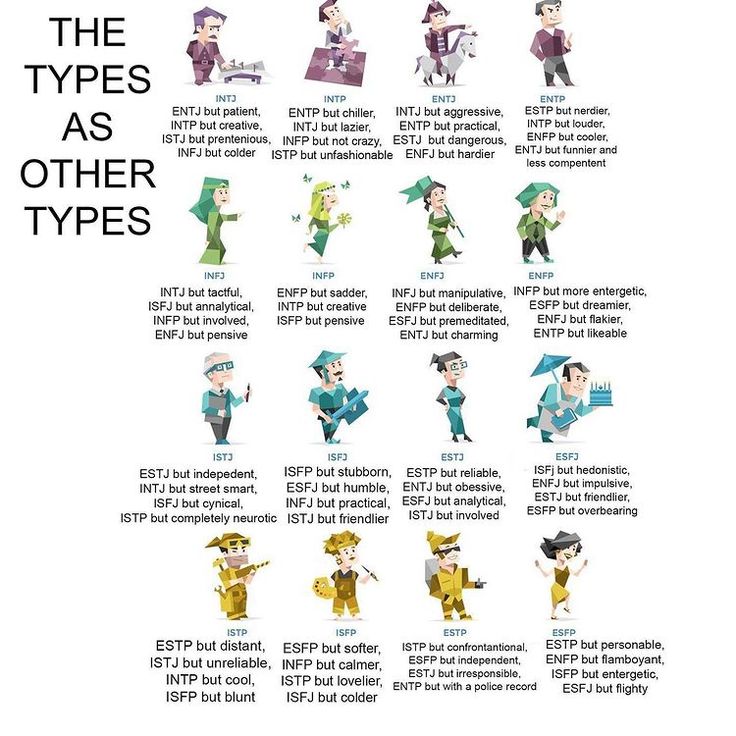
Empathy depends on the birth order of the child and on the number of children in the family. The first and only children in the family (PE) are more inclined to empathy if people as objects of empathy differ from them, if they depend on them, do not compete with them, have a higher or lower status. The more the motive of personal success is expressed in the PU, the less their intelligence is expressed. Late-borns (PR) worry about people if they are similar, have an equal status with the PR, if their relationship with the object of empathy is mutual and equally dependent. In a competitive situation, PRs show more empathy compared to PEs.
Such personality trait as egocentrism, as well as psychological discomfort experienced by a person (anxiety, aggressiveness, depression, neuroticism) hinders the formation and manifestation of empathy. Attitudes that hinder empathy also play a role: avoid unnecessary contacts, consider it inappropriate to show curiosity about another person, calmly relate to the experiences and problems of other people.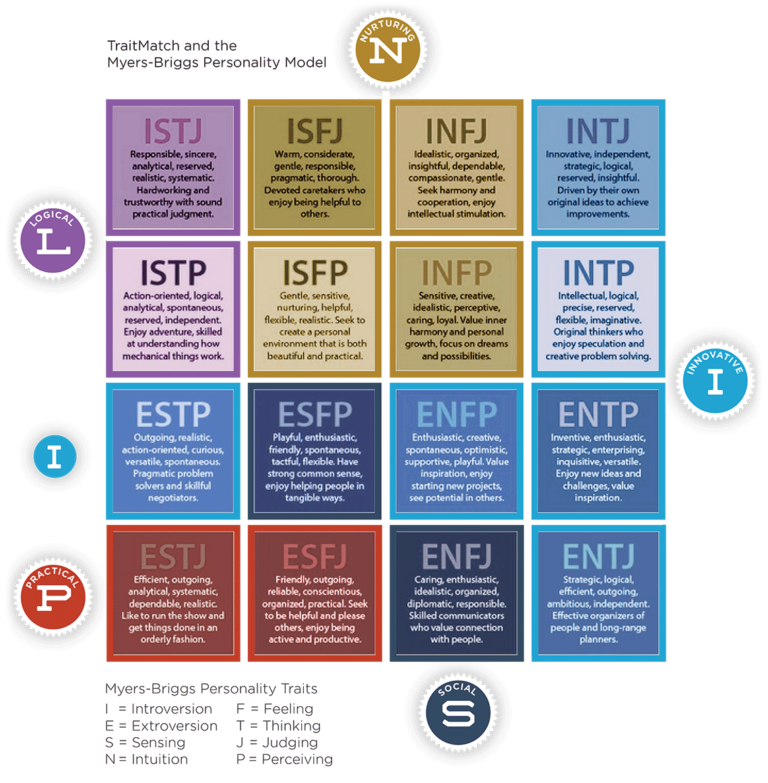 Perhaps it is these personal characteristics that explain the revealed fact that empathy training is productive only with those individuals whose initial level is not lower than average.
Perhaps it is these personal characteristics that explain the revealed fact that empathy training is productive only with those individuals whose initial level is not lower than average.
Age and gender characteristics of empathy . According to some reports, women are more empathetic than men. However, T.P. Gavrilova showed that two forms of empathic behavior - empathy and sympathy are manifested differently in children of different ages and genders. Empathy is more typical for younger students, and sympathy is more typical for teenagers. Empathy for adults and animals was more often observed in boys, and sympathy in girls. In relation to peers, everything turned out to be the opposite: empathy was more often expressed by girls, and sympathy - by boys. In general, both of them sympathized more often than empathized.
Alarm . Many people have high anxiety, i.e. a pronounced emotional property of the personality, predisposing to frequent manifestations of the state of anxiety (anxiety) in a variety of life situations, including those that do not predispose to this.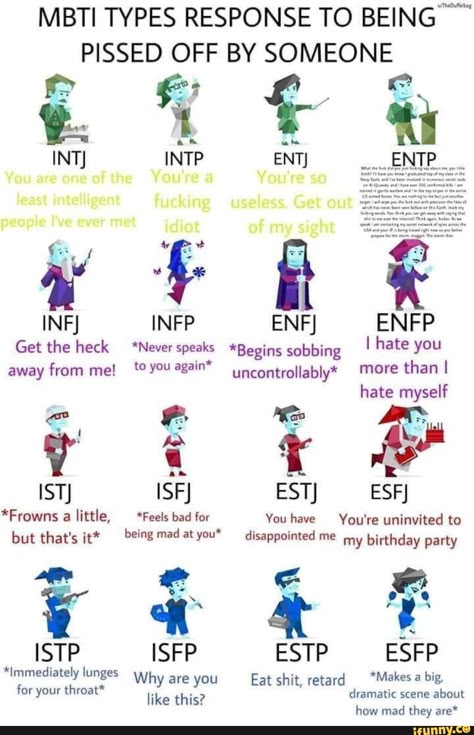 VS Merlin defines anxiety as high emotional excitability in a threatening situation. By definition, K. Izard, anxiety is understood as a complex of negative emotions: fear, anger and sadness.
VS Merlin defines anxiety as high emotional excitability in a threatening situation. By definition, K. Izard, anxiety is understood as a complex of negative emotions: fear, anger and sadness.
A certain level of anxiety is a natural and obligatory feature of a person's vigorous activity. Each person has their own optimal, or desirable, level of anxiety - this is the so-called useful anxiety.
High anxiety is manifested in the tendency to evaluate phenomena, objects, events that are not objectively dangerous, as threatening, followed by experiencing a state of anxiety. Anxious people are afraid of difficulties, feel insecure in the group.
Some authors talk not about general anxiety, but about private, specific, associated with a constant response to a state of anxiety only to certain situations.
Psychological characteristics of highly anxious people . O.G. Melnichenko showed that highly anxious people are characterized by emotional imbalance (factor C according to R.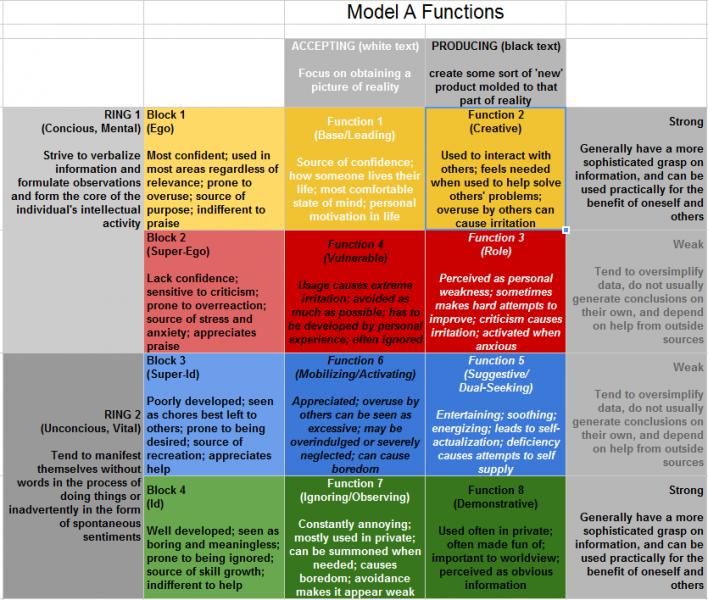 Cattell), timidity (factor H), self-doubt (factor O) and nervousness, tension (frustration - factor Q4) / They have higher and less stable level of claims. Anxiety is associated with indicators of schizothymia, submissiveness, concern, sentimentality, negativism, suspicion, and fear.
Cattell), timidity (factor H), self-doubt (factor O) and nervousness, tension (frustration - factor Q4) / They have higher and less stable level of claims. Anxiety is associated with indicators of schizothymia, submissiveness, concern, sentimentality, negativism, suspicion, and fear.
All these personal characteristics have a natural basis, which are typological features of the manifestation of the properties of the nervous system. It was found that highly anxious individuals often have a weak nervous system, and therefore, high activation at rest, which is most likely associated with an excitatory effect on the cerebral cortex of the reticular formation.
Conscientious . In a number of works by foreign authors, conscience or the ability to feel guilty is considered as a personality trait. One of the first to make such an attempt was J. Whiting and I. Child. True, they studied the propensity to experience guilt only in relation to their illness. The role of cultural traditions in the education of conscientiousness was shown. Some cultures have been found to be more prone to experience shame, while others are more likely to experience guilt.
Some cultures have been found to be more prone to experience shame, while others are more likely to experience guilt.
Contributes to the formation of conscience religious education, faith in God, but the main factor is moral education, the formation of a socially mature personality. It is shown, for example, that the gender factor has a stronger influence on the experience of guilt than religiosity: men spoke much less often about the experience of guilt than women.
Curious . K.K. Platonov defines curiosity as a personality trait, expressed in unfocused emotionally colored curiosity. Suffice it to recall the people who "poking their nose into other people's business" has become a habit. However, most often, curiosity manifests itself as a positive attitude and a purposeful desire to acquire new knowledge, as inquisitiveness. A person feels the need for positive emotions precisely from the acquisition of new knowledge.